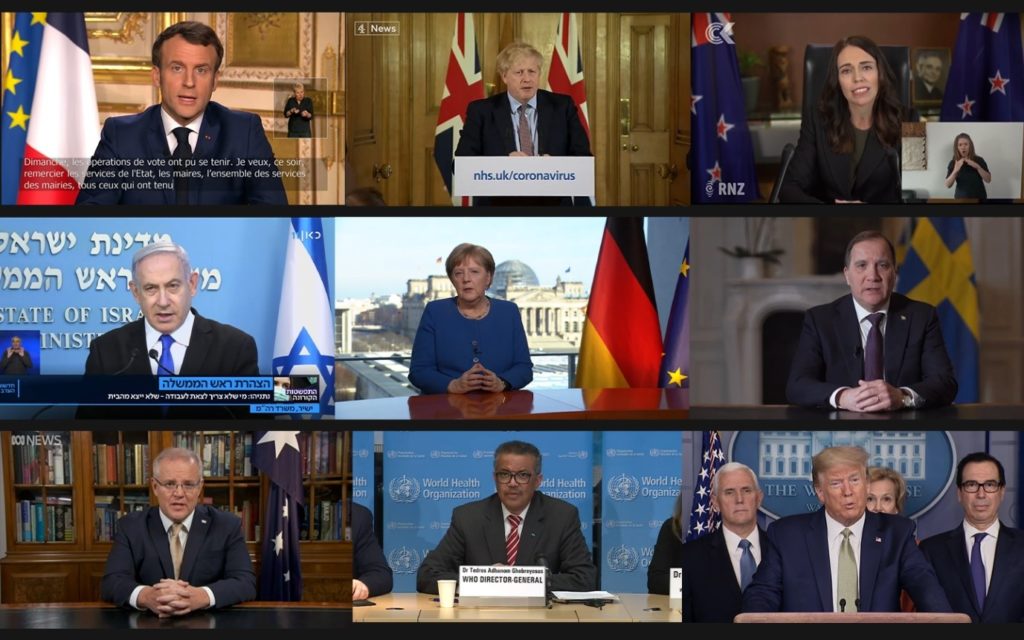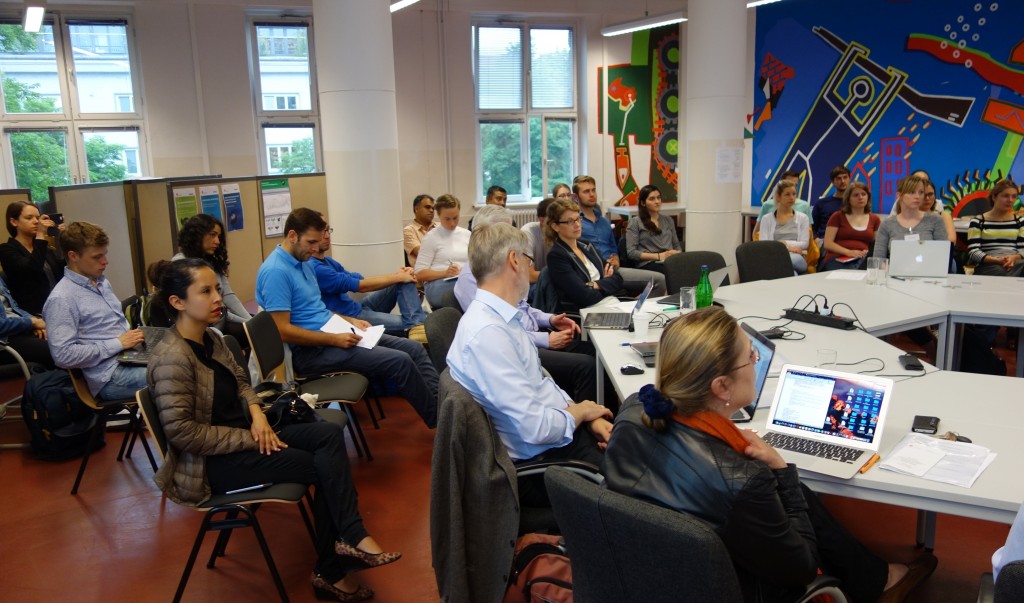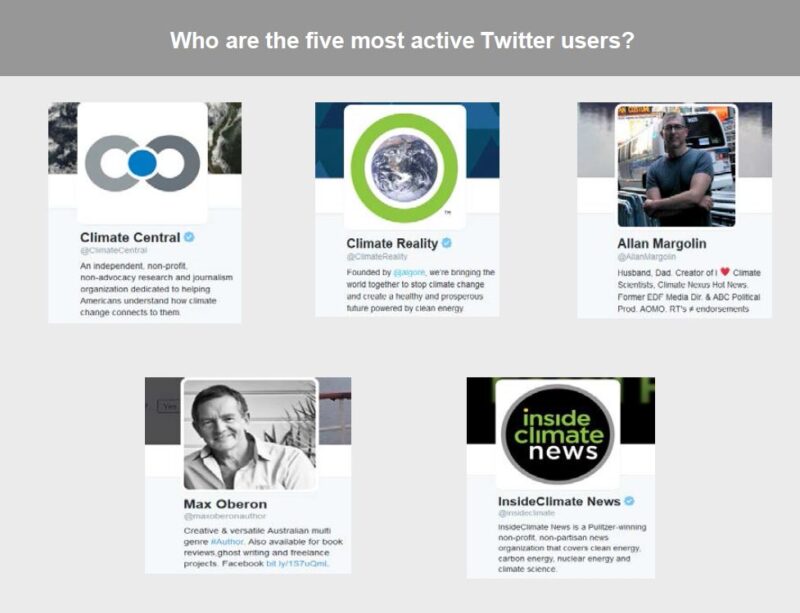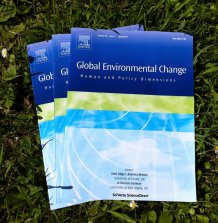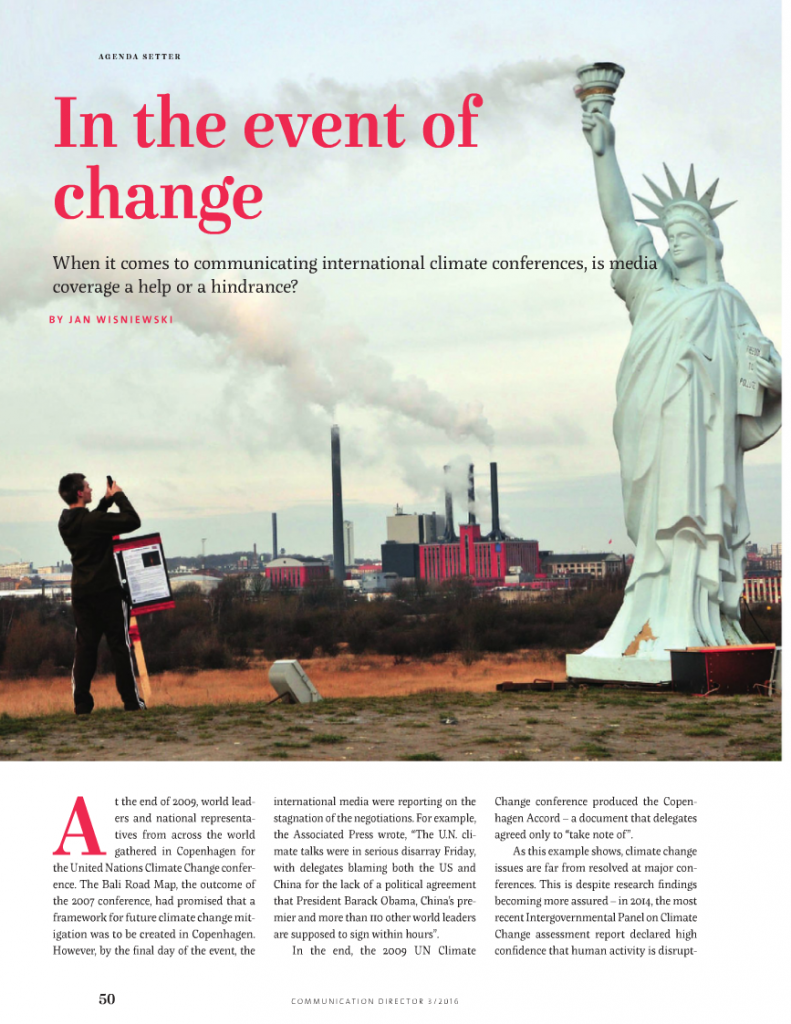Climate Matters
Research, Ideas, and Opinion on Communication, the Climate, and Sustainability
Latest Posts
Communication, Climate, and Sustainability Research
Noteworthy science from the team and beyond
We write about our recent research and noteworthy studies from the communication science field.
Our guest writers also cover what’s important and new in the field of climate and sustainability science.
Recent posts in "Research"
Ideas and Commentary
Enabling climate, sustainability, and communication scientists to share their ideas
As public scientists, we believe that the ideas and opinions of our colleagues matter as much as their research.
We offer a platform for climate, sustainability, and communication scientists and students to share their views.


